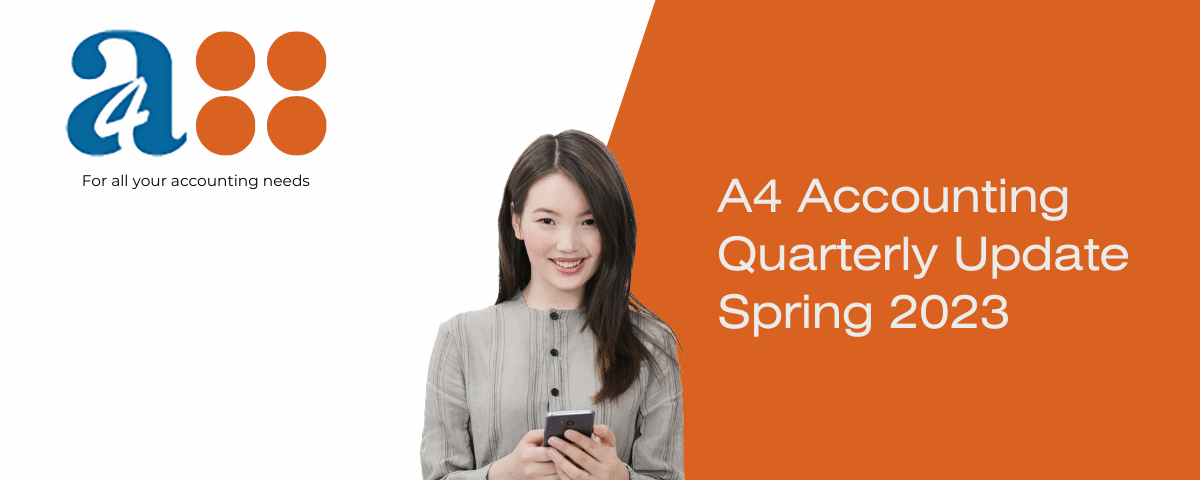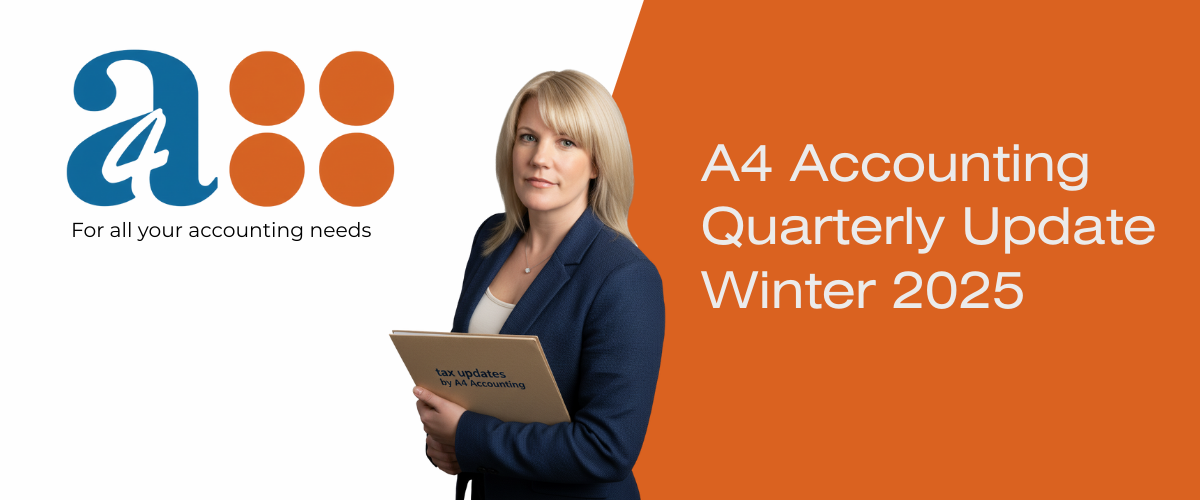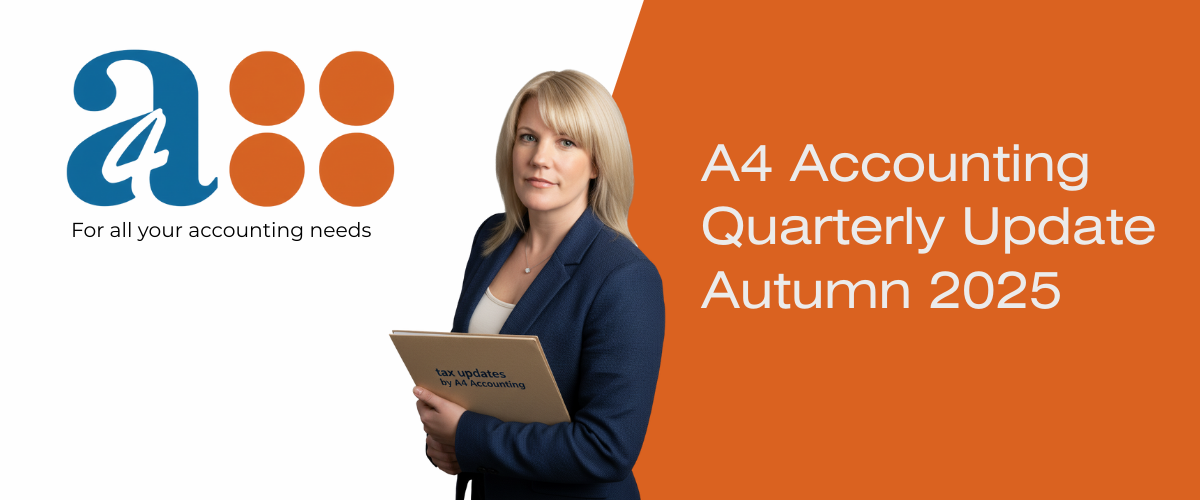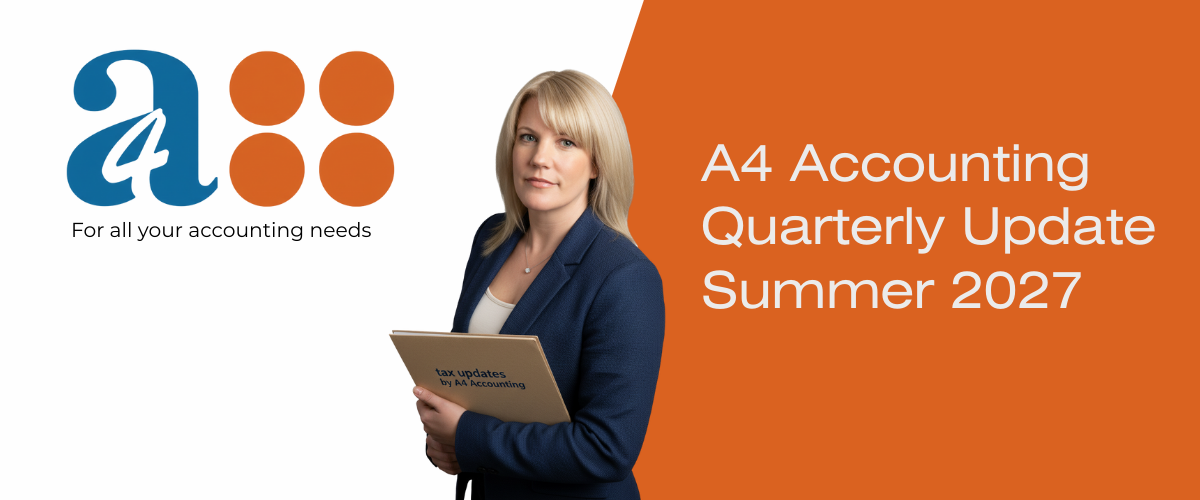
Accounting News – Winter 2022

Accounting News – Summer 2023
Accounting News – Spring 2023
What the 2023 Spring Budget Means for Businesses and Households
The Spring Budget in March 2023 was widely expected to tackle two key issues: supporting households with the cost of living crisis and encouraging businesses to invest as the UK looked to strengthen economic growth. Here are the highlights you need to know.
For businesses
- Corporation Tax rise confirmed – From April 2023, the main rate of Corporation Tax increased from 19% to 25% for companies with profits over £250,000. Companies with profits below £50,000 continue at 19%, with a tapered rate for those in between.
- Full expensing introduced – Replacing the super-deduction, companies can now claim 100% capital allowances on qualifying plant and machinery until March 2026. This means an immediate deduction from taxable profits when investing in new equipment.
- R&D tax relief reform – The SME scheme was adjusted, reducing the additional deduction from 130% to 86%. However, loss-making R&D-intensive SMEs can continue to benefit from a higher payable credit.
For individuals
- Energy Price Guarantee extended – Capping typical household energy bills at £2,500 until June 2023.
- Pensions reform – The lifetime allowance was abolished, and the annual allowance increased from £40,000 to £60,000. This was a major change, designed to encourage older workers (particularly in the NHS) to stay in the workforce.
- Childcare expansion – Free childcare was extended in stages to cover all children over nine months by September 2025.
What this means for you
Businesses facing higher Corporation Tax should plan carefully to make use of full expensing and R&D incentives. For individuals, pension changes open the door for more flexible retirement planning.
📞 Need tailored guidance on how the Spring Budget affects your finances or business strategy? Contact our team today for expert, practical advice.




